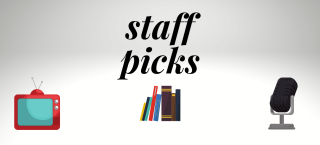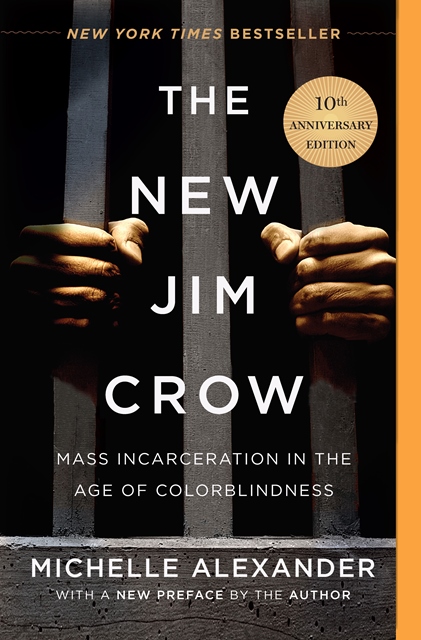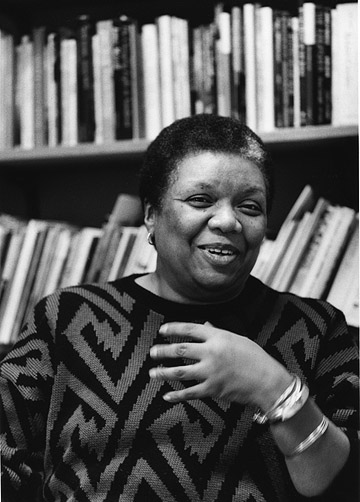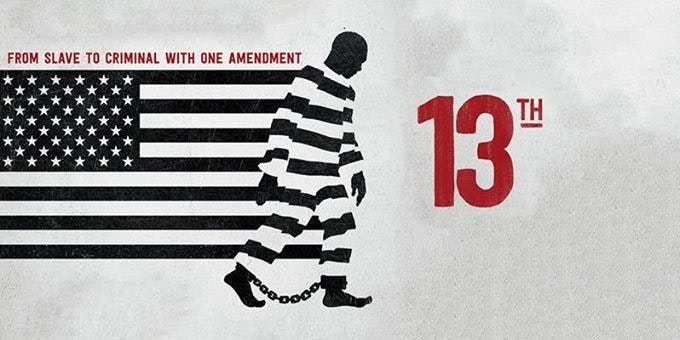
Story
Not Just Another List: Staff Picks for Racial Justice
The internet has been buzzing in recent weeks with anti-racist reading lists as Americans seek to contextualize, process, and learn from this historic moment. In a spirit of solidarity with the many great resources that have already been shared, History Colorado staff have some personal recommendations to offer.

The New Jim Crow: Mass Incarceration in the Age of Colorblindness by Michelle Alexander
The New Jim Crow: Mass Incarceration in the Age of Colorblindness by Michelle Alexander
“Alexander places a microscope over the criminal justice system and examines how United States law keeps African Americans in chains. This book opened my eyes to the ways we have politicized racism in our country. Whether it's the War on Drugs campaign or the push for ‘tough on crime’ laws like three-strikes and mandatory minimums, these fear-based initiatives have led to a new era of mass incarceration that has decimated the Black community.”
- Cori Iannaggi, Ballantine Gallery Manager
Black People Need Stronger White Allies - Here's How You Can Be One by Stephanie Long, with advice from Leslie Mac, a Black female activist
“One of the first things I read, when the BLM protests happened, is this article. It helped ground me in how I wanted to participate. The quote that stuck out to me the most was, ‘Any 'allyship' rooted in performance is not effective. If the action you are taking has any component of making you feel like you did something versus knowing something was done, then you know you aren’t productive.’ This article helped me think about why I'm an ally and how I can show up for those that I am trying to help. I hope it helps others!”
- Shanea Ewing, Guest Services Manager
The Book of Light by Lucille Clifton
“Lucille Clifton's 1993 poetry collection grapples with discrimination, intolerance, and justice. Her writing is a sort of meditation where the music happens between the notes. Her words move you to feel both a sense of transcendence and hope even as they pull you into the gravity and pernicious nature of her themes. For me, these poems connect me to the spiritual pain and possibility of her experience."
- Marissa Volpe, Director of Community Engagement
“The 1619 podcast really helped me understand the long-reaching effects slavery still has on our society. By looking at specific people and places the host puts them in the wider historical context. Each episode is about an hour but well worth the time.
Explore the 3-D tour of Eastern State Penitentiary's exhibit "Prisons Today." You can actually read label text and learn about mass incarceration and the effect that it has had on communities of color. (There is a bit of a learning curve for navigating the space.) In the exhibit you'll learn about how early experiences with the criminal justice system influence rates of incarceration and what you can do to help bring about reforms and change.

All the Right Stuff by Walter Dean Meyers
For Teens: All the Right Stuff by Walter Dean Meyers. This fictional story centers on a teen who starts a job at a local soup kitchen in Harlem. I found it a great internal ‘hero’s journey’ story that is accessible and compelling. The lesson of learning how to carve out the life you want from the life you’ve been given is a powerful one for all of us.”
- Kimberly Kronwall, Exhibits & Loan Registrar
The Fire Next Time by James Baldwin
“Written in 1963, during the Civil Rights Movement, Baldwin’s eloquent, poignant letters describe what it means to be Black in America. The book is as relevant today as it was when it was written, and is an important read for anyone trying to better understand the BLM movement.”
- Jeremy Morton, Public Engagement Manager
On Being with Krista Tippett podcast, “Notice the Rage; Notice the Silence” episode
“I was particularly moved by a recent episode in which Krista interviewed Resmaa Menakem. A Black therapist and trauma specialist, Menakem discussed his book, My Grandmother's Hands, in which he explores how intergenerational trauma on both Black and white bodies affects our relationships. Their conversation revealed the importance of the lived experience of race and helped me understand the physically and emotionally complex legacy of racism in our society.
13th Documentary (available on Netflix)
Directed by Ava DuVernay, also known for her feature films Selma and A Wrinkle in Time, this searing documentary examines the history of the criminalization of Black people in the United States. Filled with interviews from leading scholars, activists, and public figures, the film focuses on the wording of the 13th Amendment of the US Constitution, which outlawed slavery “except as punishment for a crime.” DuVernay’s storytelling contextualizes how this loophole gave rise to mass incarceration and the crisis of over-policing of Black Americans.”
- Julie Peterson, Public Historian & Exhibit Developer
Remembering Lucile by Polly E. Bugros McLean
“This is one of my favorite local reads and tells the story of Lucile Berkely Buchanan Jones. As the first daughter of emancipated slaves, she forged a path in Denver and Colorado that offers a perspective on the experience of middle-class Blacks in the early twentieth century. Her experiences with the racist and sexist climate of her lifetime offer discussions of race, gender, class, religion, politics, and education. The author shares her extensive research and her personal experiences to tell the story."
-Michael Erickson, Education Coordinator at Center for Colorado Women's History at the Byers-Evans House Museum

Between the World and Me by Ta-Nehisi Coates
Between the World and Me by Ta-Nehisi Coates
“This book is what I like to call heart awakening. It challenged me to move beyond intellectualizing racism and its impacts as a white person. Ta-Nehisi Coates’s Between the World and Me is written as a letter to the author's teenage son about the feelings, symbolism, and realities associated with being Black in the United States. Coates recapitulates American history and explains to his son the ‘racist violence that has been woven into American culture.’ Coates draws from his youth in Baltimore, detailing the ways in which institutions like the school, the police, and even ‘the streets’ discipline, endanger, and threaten to disembody Black men and women. It was written as inspired by and as an extension of The Fire Next Time by James Balwin (recommended by Jeremy) and is an important next read.
I also highly recommend this video on the definition and impact of Microaggressions as Mosquito Bites. As the video states, “For people who still don’t think microaggressions are a problem: Just imagine that instead of being an unintentionally harmful (not a big deal, you are being sensitive) comment, a microaggression is a mosquito bite.”
-Cat Jensen, Guest Services Specialist, Center for Colorado Women’s History at the Byers-Evans House


